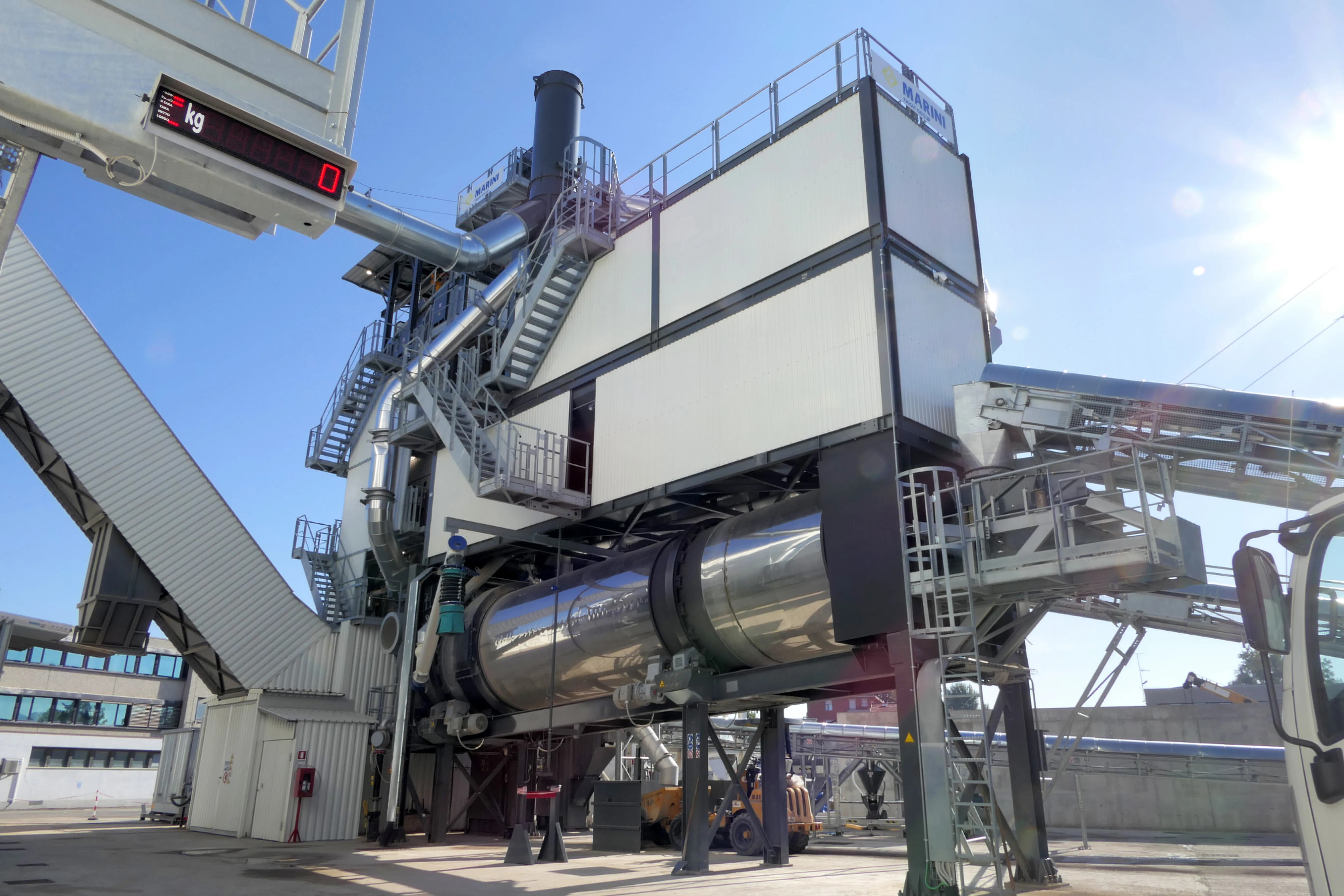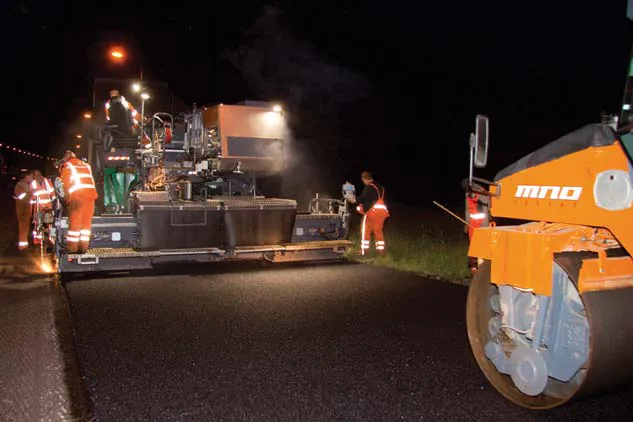German company WEIRO has helped to introduce new microsurfacing technology to Estonia to upgrade its roads Estonia's rapidly growing road network requires modern and cost effective road surface rehabilitation technologies. As a result of technological and economical evaluations of the Estonian road network, it has been stated that repairs and upgrading of the existing network will remain the first priority, especially the repair of ruts, which represent a major problem in Estonia. The aim of a trial run of
July 13, 2012
Read time: 4 mins

German company
The aim of a trial run of microsurfacing technology has mainly been to replace the classical maintenance (cold milling and application of hot rolled asphalt) by a faster and less expensive method.
Based on technical evaluation and a demonstration of slurry and microsurfacing technology two years ago, the Estonian administration finally decided to apply this technology to a major extent, according to Dipl.-Ing. Sigurd Weisig, Director, WEIRO Weisig Maschinenbau.
Microsurfacing (slurry seal) is cold mix asphalt, consisting of an aggregate with defined grading, and a bitumen emulsion matching the characteristics of the aggregate. Water is added to achieve the desired workability, while cement and chemical additives control the curing process of the mix.
"It is generally applied as a new wearing course on aged and faulty pavements to restore the surface roughness and water drainage, for filling and ruts, and it is known to be a considerably cost-effective road treatment, compared to other methods," said Weisig.
The contracting company Valga Teed based in Valga, Estonia, soon recognised a future in pavement maintenance with microsurfacing and slurry technologies, and the key investment in this respect has recently been the semi-trailer mounted MAP 10000 e, a microsurfacing and slurry seal machine manufactured by the German company WEIRO. The machine is equipped with a versatile and sophisticated computer-aided dosage system with operating data monitoring and logging capacity.
Auxiliary functions such as computer-monitored auto-filling of bitumen emulsion and water complete the operational range of the MAP system.
Different screed systems (for example a hydraulic extension screed and a rut filling screed) allow for large area treatment as well as rut repair, restoring skid resistance, and, in particular cases, reprofiling works.
"The MAP consequently represents a modern, versatile, and efficient system for road surface rehabilitation."
Together with the introduction of the MAP, Valga Teed focused on the technology of manufacturing the necessary raw materials, in particular the local production of the necessary binder (bitumen emulsion). With assistance from the French chemical company
An integral part of the microsurfacing machine delivery contract was the thorough training of the machine operators, and this was carried out locally over a period of one week by a highly qualified and experienced trainer.
It consisted of training in the handling of the MAP's computer-aided dosage and monitoring system, and in an intensive practical 'on the road' session. Other training sessions concentrated on preventive machine maintenance.
"This in-depth and widespread instruction finally led to the operator's ability to perfectly manage the MAP's computer-aided dosage system, the mixing process, and the microsurfacing application," said Weisig.
"The MAP consequently represents a modern, versatile, and efficient system for road surface rehabilitation."
Together with the introduction of the MAP, Valga Teed focused on the technology of manufacturing the necessary raw materials, in particular the local production of the necessary binder (bitumen emulsion). With assistance from the French chemical company CECA, the suitable customised formulation for the production of the bitumen emulsion was developed and applied in Valga Teed's bitumen emulsion plant.
An integral part of the microsurfacing machine delivery contract was the thorough training of the machine operators, and this was carried out locally over a period of one week by a highly qualified and experienced trainer.
It consisted of training in the handling of the MAP's computer-aided dosage and monitoring system, and in an intensive practical 'on the road' session. Other training sessions concentrated on preventive machine maintenance.
"This in-depth and widespread instruction finally led to the operator's ability to perfectly manage the MAP's computer-aided dosage system, the mixing process, and the microsurfacing application," said Weisig.







